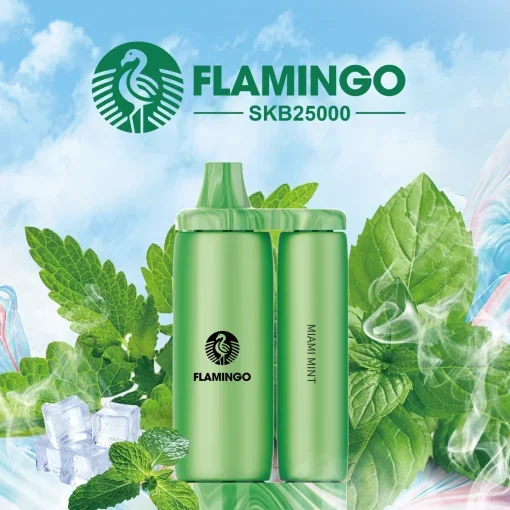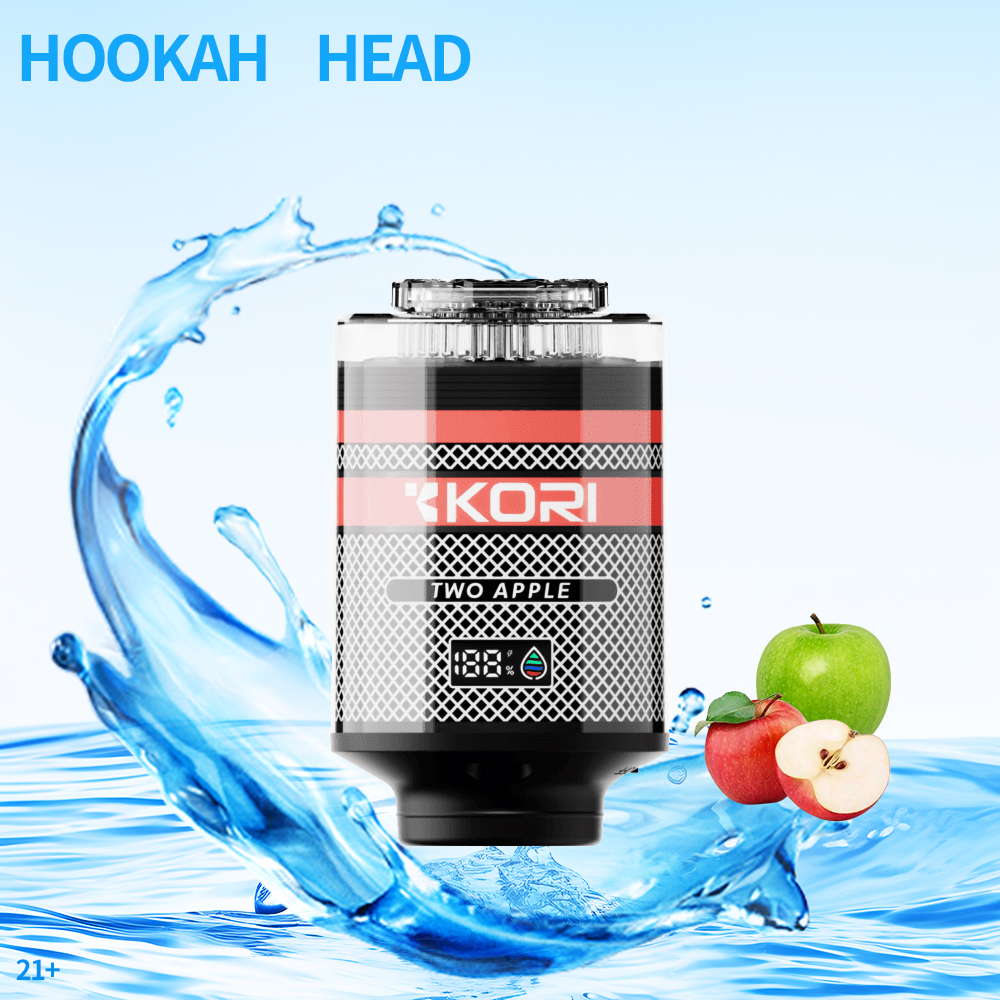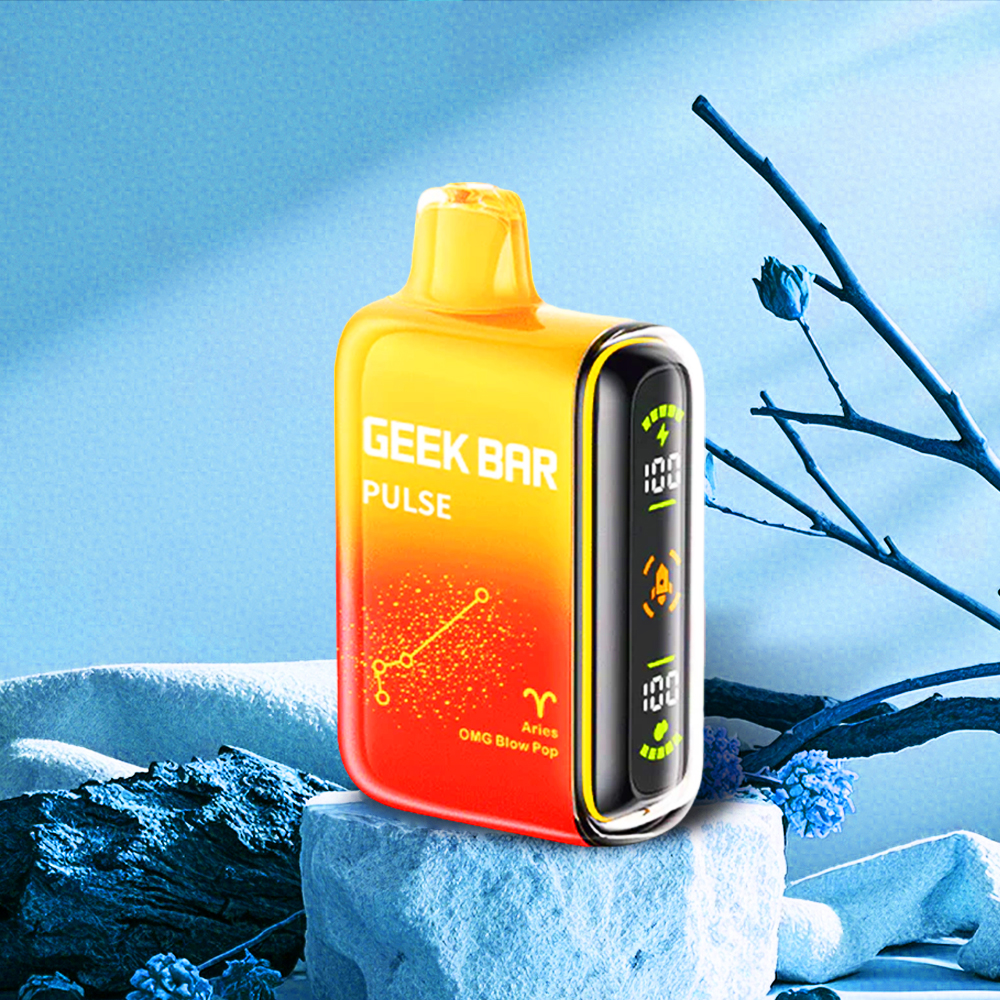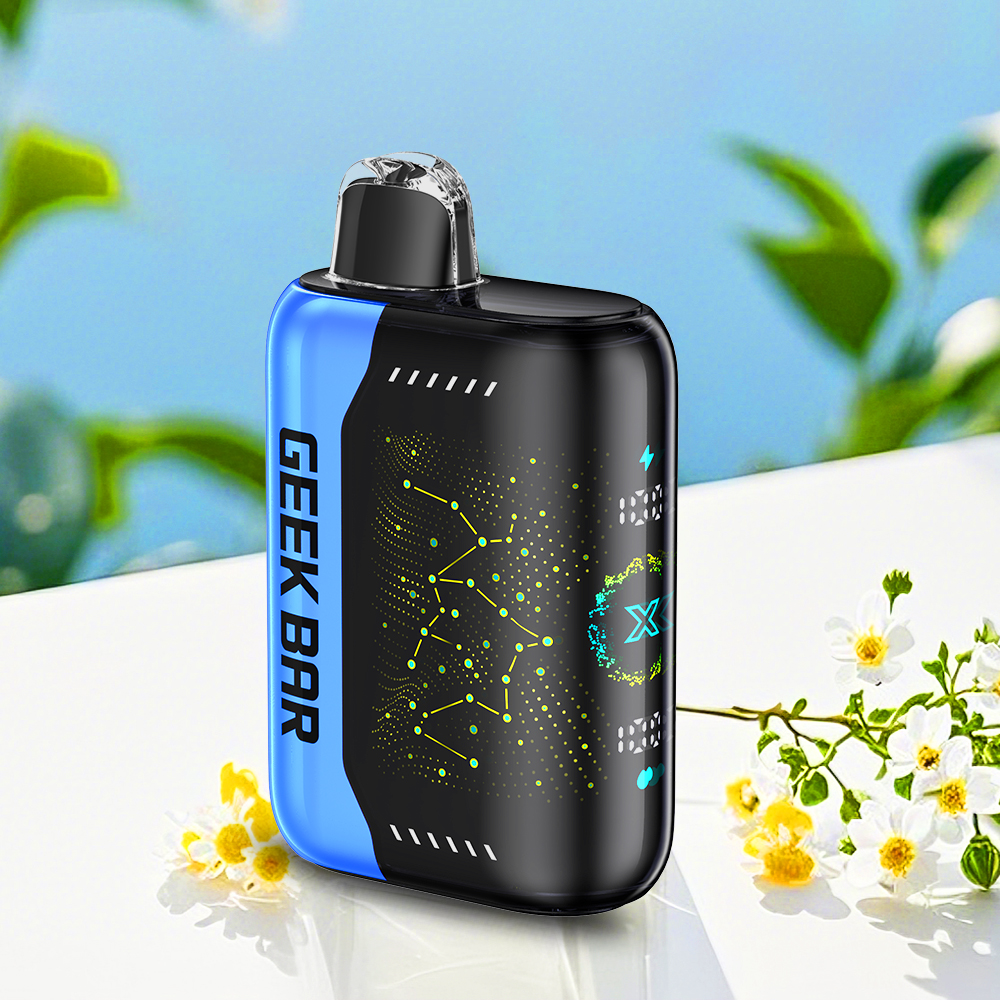Understanding Drug Testing Policies at Vape Shops
In the modern landscape of employment, workplace drug testing has become a focal point of discussion among various industries, including vape shops. As these establishments continue to grow in popularity, the question of whether vape shops subject their employees to drug testing has emerged. In this article, we delve into the intricacies of drug testing in the vaping industry, the reasons behind such policies, and the implications for both employers and employees.
The Rise of the Vape Industry
The vape industry has witnessed exponential growth over the past decade. With an increasing number of individuals opting for vaping as a smoking alternative, the demand for vape products is at an all-time high. Concurrently, this growth has drawn attention to workplace policies, including drug testing, as employers seek to maintain a safe and productive environment.
Why Do Vape Shops Drug Test?
There are several reasons why a vape shop may choose to implement drug testing policies for their employees:
- Safety Concerns: As with any retail environment, vape shops often operate machinery and handle inventory. Ensuring that employees are not under the influence of drugs or alcohol is vital for maintaining workplace safety.
- Regulatory Compliance: Certain jurisdictions may require drug testing as part of compliance with state or federal regulations, especially if the vape shop sells products that could potentially impair employees.
- Company Culture and Reputation: Vape shops may want to foster a professional workplace culture. Drug testing can help in hiring individuals who align with the company’s values and maintain a positive brand image.
- Reducing Liability: In the event of an accident involving an employee, having a drug testing policy can protect the company from potential liability claims.
Types of Drug Tests Utilized
When it comes to drug testing, vape shops may employ various methods, including:
- Urine Tests: The most common form of drug testing, urine tests can detect a range of substances including THC, cocaine, and opiates.
- Saliva Tests: Less invasive than urine tests, saliva tests are often used for on-the-spot testing and can identify recent drug use.
- Hair Follicle Tests: These tests provide a longer detection window, identifying drug use over the past few months. Though not commonly used for initial hiring, they may be employed for random testing.
Implications for Employees
Understanding the implications of drug testing is crucial for prospective and current employees at vape shops:
- Transparency: Potential hires should inquire about drug testing policies during the interview process. Transparency from employers regarding such policies is key to establishing trust.
- Awareness of Legal Rights: Employees should be aware of their rights regarding drug testing. Researching local and federal laws can empower employees to understand how and when they can be tested.
- Impact on Employment: Positive drug test results can lead to termination, impacting not only the individual’s career but also their future job prospects within the industry.
Best Practices for Vape Shops Regarding Drug Testing
For vape shop owners considering the implementation of drug testing, it is essential to adopt best practices:
- Clear Policies: Establish clear, written policies regarding drug testing that are provided to all employees. Transparency in procedures and consequences aids in creating an informed workforce.
- Fair and Consistent Testing: Ensure drug testing is applied consistently across all employees to prevent any claims of discrimination or favoritism.
- Training and Awareness: Provide training for management on how to handle drug testing procedures and educate employees on the testing policy, including the importance of maintaining a drug-free workplace.
The Role of CBD and Vaping Products
The rising popularity of CBD products has added another layer of complexity to drug testing policies in vape shops. While CBD itself is not considered a controlled substance, many CBD products contain trace amounts of THC. Employees who use CBD products may find themselves at risk of testing positive for THC, raising questions about fairness and the accuracy of drug testing.
Communicating with Employees
Employers should maintain open lines of communication with their employees regarding drug testing policies and the potential for positive test results. This includes providing resources for those recovering from addiction and creating a supportive environment that prioritizes both compliance and employee well-being.
Navigating Drug Testing Challenges
Vape shops should be prepared to navigate potential challenges that arise from drug testing, including:
- Employee Reluctance: Some employees may be uncomfortable with drug testing. Fostering a dialogue about the reasons behind testing can alleviate fears and establish trust.
- Legal Implications: As laws regarding marijuana and other substances continue to evolve, vape shops must stay informed about legal changes in their area to ensure compliance and adjust their policies accordingly.
Conclusion: The Future of the Vape Industry and Drug Testing
The vape industry is expected to continue evolving, and with that comes the need for adaptive drug testing policies. As both employers and employees navigate this landscape, understanding the implications of drug tests, the tools used, and the potential challenges will be vital for fostering a safe and professional environment in vape shops.





